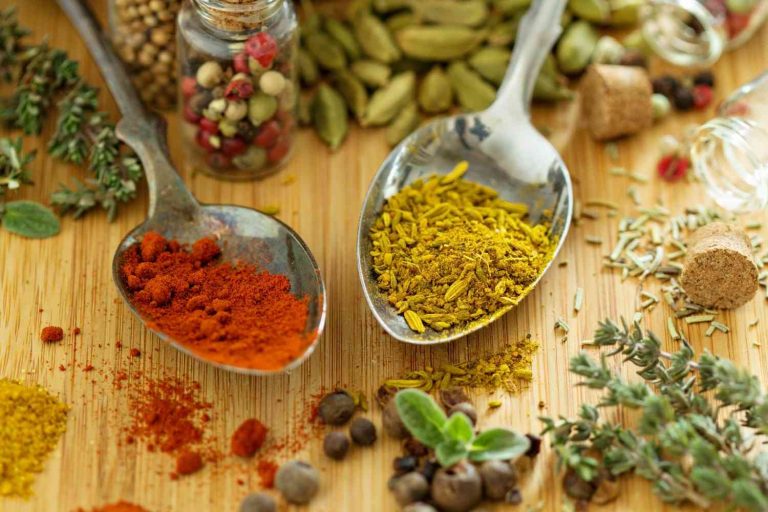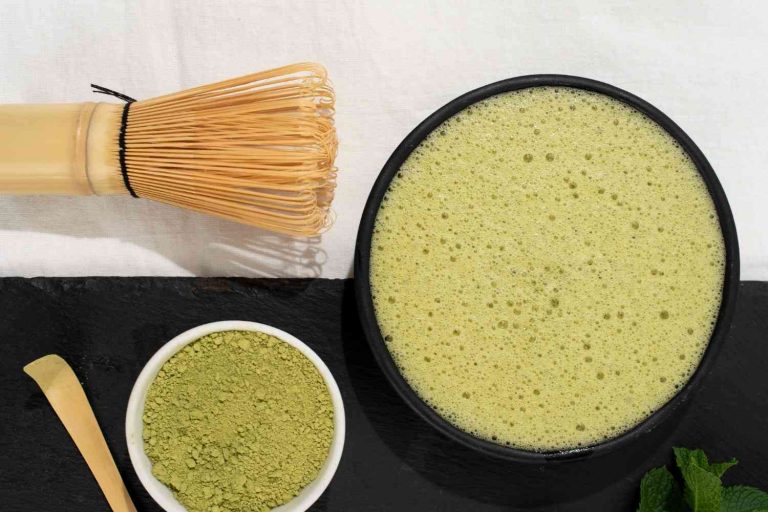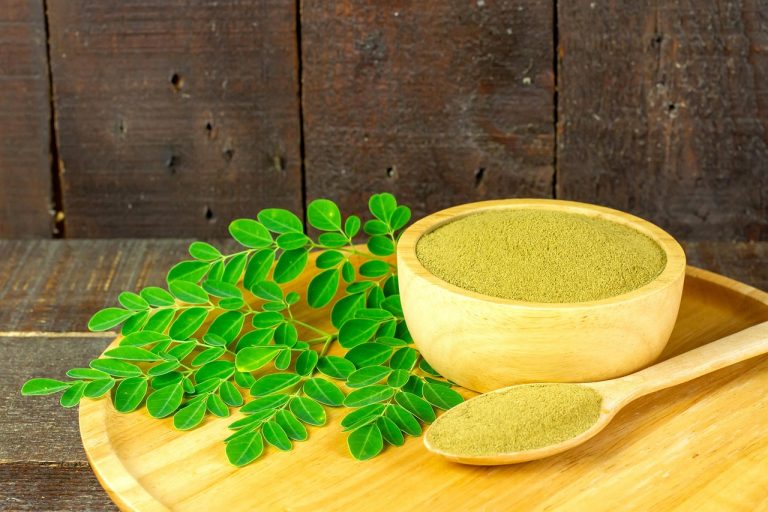Are you ready to supercharge your metabolism naturally? Metabolism isn’t just a buzzword; it’s the engine that drives your body, turning food into energy. When your metabolism is firing on all cylinders, you feel energized, your mood lifts, and shedding those pesky pounds becomes a tad easier. So, let’s dive into the world of herbs that can give your metabolism the boost it craves.
Contents
Understanding Metabolism
Metabolism encompasses all the chemical processes that occur within your body to maintain life. It’s the complex dance of converting the food you eat into energy, allowing you to perform daily activities, think clearly, and even sleep soundly. Your metabolic rate can be influenced by numerous factors, including age, muscle mass, and, yes, the herbs you incorporate into your diet.
Why does this matter to you? Because a well-functioning metabolism can help you maintain a healthy weight, improve energy levels, and enhance overall well-being. Let’s explore how these ten herbs can help you rev up your metabolic engine.
1. Ginger
Ginger is more than just a spice; it’s a powerhouse for your metabolism. This fiery root has been used for centuries in traditional medicine. Studies have shown that ginger can increase calorie burn and improve digestion, making it easier for your body to utilize food efficiently.
- How to Use: Add fresh ginger to smoothies, teas, or stir-fries. You can also enjoy it in capsules if you prefer a concentrated form.
2. Cinnamon
Cinnamon isn’t just a delightful addition to your morning coffee; it can also stabilize blood sugar levels. By keeping your blood sugar in check, cinnamon helps reduce cravings and boosts metabolism. It’s like a hug for your body, soothing and supportive.
- How to Use: Sprinkle cinnamon on oatmeal, yogurt, or even in baked goods. Consider adding it to savory dishes for a unique flavor twist.
3. Cayenne Pepper
Feeling fiery? Cayenne pepper can light a fire in your metabolism. Capsaicin, the compound that gives cayenne its heat, has been shown to enhance metabolic rate and promote fat oxidation. It’s a bold way to spice up your meals and your metabolism.
- How to Use: Add a pinch of cayenne to soups, sauces, or marinades. If you’re feeling adventurous, try it in chocolate for an unexpected kick.
4. Green Tea
Green tea is celebrated for its numerous health benefits, but did you know it can also supercharge your metabolism? Rich in catechins, green tea helps the body burn fat more efficiently. Plus, the caffeine content gives you an additional energy boost.
- How to Use: Sip on brewed green tea or consider green tea extract in capsule form for a potent dose.
5. Turmeric
Turmeric, with its vibrant golden hue, is not just a culinary delight; it’s a metabolism ally. Curcumin, the active compound in turmeric, has anti-inflammatory properties and can improve metabolic function. It’s a fantastic choice for those looking to enhance their overall health.
- How to Use: Incorporate turmeric into curries, soups, or smoothies. A warm cup of golden milk is a delicious way to enjoy its benefits.
6. Ginseng
Ginseng has been used in traditional medicine for ages, and for good reason. This herb can help increase energy levels and enhance metabolic function. It’s particularly effective for those dealing with fatigue or stress-related weight gain.
- How to Use: Try ginseng tea or capsules. It’s a great addition to your morning routine if you need an energy lift.
7. Dandelion
Dandelion isn’t just a weed; it’s a beneficial herb for your metabolism. It acts as a natural diuretic, helping to flush out toxins and reduce water weight. This cleansing effect can help your metabolism work more efficiently.
- How to Use: Dandelion tea is a popular way to enjoy this herb. You can also add fresh dandelion greens to salads for a nutrient boost.
8. Peppermint
Peppermint is refreshing and invigorating, and it can also help with digestion. A well-functioning digestive system is crucial for a healthy metabolism. When your body is working optimally, it can burn calories more effectively.
- How to Use: Brew peppermint tea or add fresh leaves to smoothies and salads. It’s a simple way to refresh your day.
9. Ashwagandha
Feeling stressed? Ashwagandha is here to help. This adaptogenic herb can lower cortisol levels, which often correlate with weight gain and sluggish metabolism. By managing stress, ashwagandha supports a healthy metabolic rate.
- How to Use: Take ashwagandha in capsule form or mix the powder into smoothies or oatmeal.
10. Fennel
Fennel seeds may be small, but they pack a punch when it comes to metabolism. They aid in digestion and can help regulate blood sugar levels, which in turn supports metabolic health. Plus, they add a delightful anise flavor to dishes.
- How to Use: Use fennel seeds in cooking or brew them into a soothing tea after meals to aid digestion.
How to Incorporate These Herbs Into Your Life
Integrating these herbs into your diet doesn’t have to be daunting. Here are some practical tips to get you started:
- Smoothies: Blend fresh ginger, turmeric, and spinach for a nutrient-dense drink.
- Teas: Create a soothing herbal tea mix with peppermint, dandelion, and cinnamon.
- Cooking: Use herbs in marinades, soups, and dressings to enhance both flavor and health benefits.
- Supplements: If you’re short on time, consider high-quality herbal supplements for a concentrated dose.
Bottom Line
Supercharging your metabolism naturally is within your reach. By incorporating these ten herbs into your daily routine, you can support your body’s metabolic processes while enjoying delicious flavors. Remember, consistency is key. Small changes can lead to remarkable results.
Are you ready to take charge of your metabolism? Start by adding just one of these herbs to your meals today. Your body will thank you!
Frequently Asked Questions
1. Can herbs really boost metabolism?
Yes, many herbs have properties that can enhance metabolic function and support weight management.
2. How quickly can I see results?
Results vary based on individual body composition and lifestyle, but consistency in incorporating these herbs can lead to noticeable changes over time.
3. Are there any side effects?
Most herbs are safe when used in moderation. However, consult your healthcare provider before introducing new supplements, especially if you have existing health issues or are pregnant.
4. Can I combine these herbs?
Absolutely! Many of these herbs can complement each other, enhancing their benefits when combined in meals or teas.
5. How do I choose quality herbs?
Look for organic, high-quality herbs from reputable sources. Fresh herbs often have more potent properties than dried.
With these tips in hand, you’re on your way to a healthier, more vibrant you!
Get Your FREE Natural Health Guide!
Subscribe now and receive our exclusive ebook packed with natural health tips, practical wellness advice, and easy lifestyle changes, delivered straight to your inbox.





